Securing a home – 9 ways to prevent burglary
Securing a home to prevent burglary is easy with expert tips and smart gadgets that keep you in control while adding that luxury finish
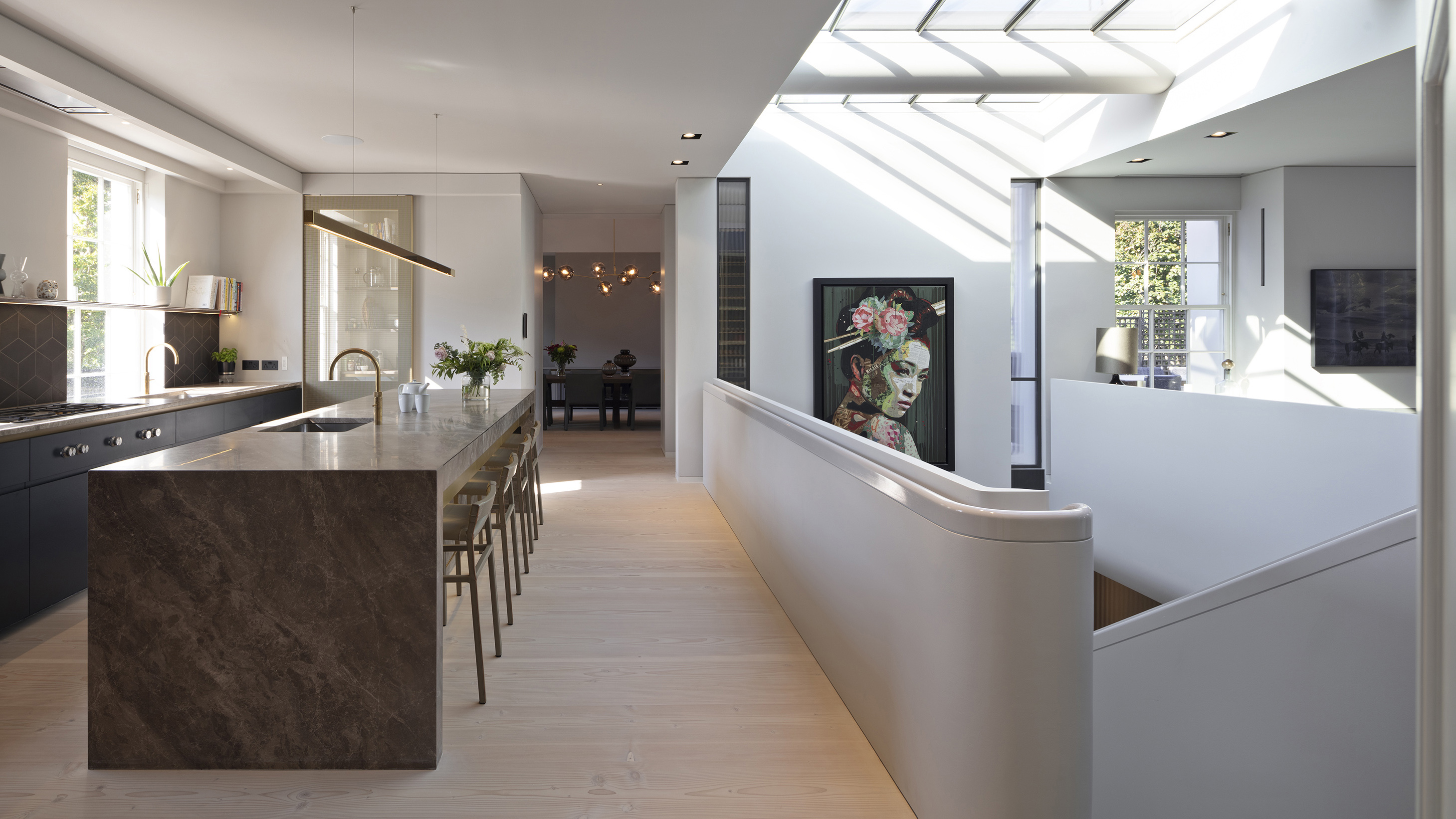
The Livingetc newsletters are your inside source for what’s shaping interiors now - and what’s next. Discover trend forecasts, smart style ideas, and curated shopping inspiration that brings design to life. Subscribe today and stay ahead of the curve.
You are now subscribed
Your newsletter sign-up was successful
Securing a home is just as important as insuring its decor. And while layering is important when adding hygge to your living room scheme, it’s also a key technique in keeping it safe. Known as the ‘onion principle’, the method suggests using a range of ways to deter burglars.
‘Any security is better than none, but rather than relying on one single home security device, numerous layers is key to protecting your property,’ says Steffan George, managing director at the Master Locksmiths Association.
With this in mind, we quizzed Steffan George and a host of other experts to get their top tips on securing a home this season. Getting your home security just right with the best gadgets and devices is important. Not only will it give you a layer of protection when you leave the house, but you'll also find you have more control over the functionality of your home.
With the best home security systems and the right tech, you can control the lights and blinds remotely via an app on your smartphone, for example.
You can also use indoor smart cameras to find out what the cat gets up to when you're out. Having monitored this, you won't be surprised to find out that it's mainly sleep and more sleep, followed by a side of sleep.
But most importantly, the best home security makes it less likely for someone to break in, steal your TV and let anything come between you and your evening's Netflix sesh with a bumper bowl of Sweet & Salty Propercorn. Priorities.
Securing a home – the 9 steps you need to take
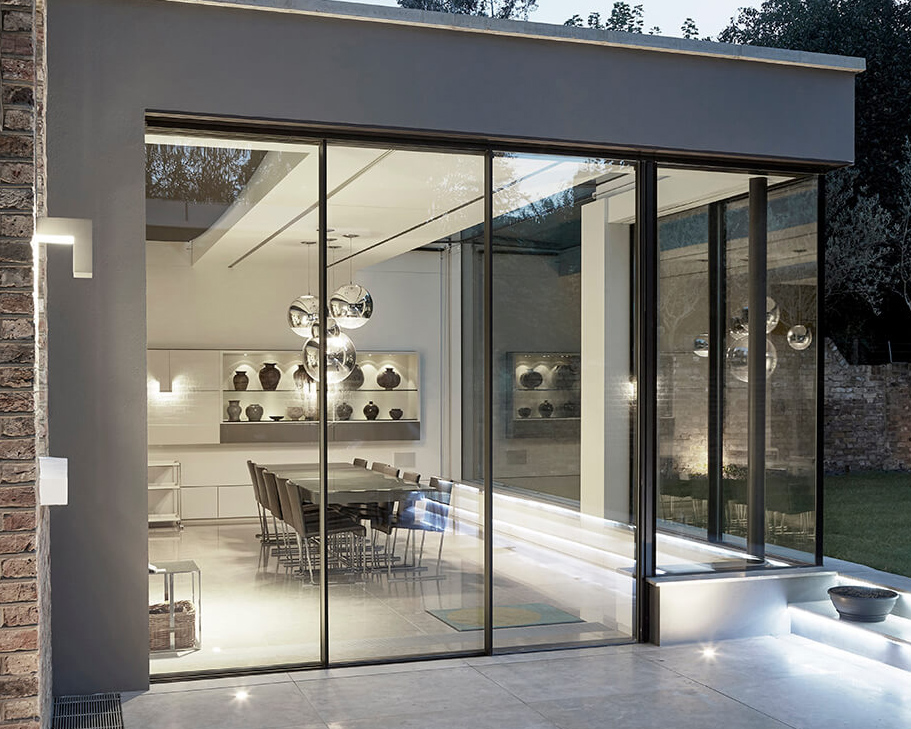
1. Secure windows and doors
It’s an obvious one, but it needs to be said. For the best home security, it’s important to remain aware of which windows and doors you have opened at all times and try to close them when you leave a room unattended.
The Livingetc newsletters are your inside source for what’s shaping interiors now - and what’s next. Discover trend forecasts, smart style ideas, and curated shopping inspiration that brings design to life. Subscribe today and stay ahead of the curve.
And also double check, and check again, that every window is closed when you go out for the day. You don't want to get in trouble just because you forgot about securing a sliding glass door.
‘I don't want to make anyone paranoid, but it’s easy to be complacent – particularly on a sunny day. And the majority of break ins happen during the day,’ says Michael Glarvey, home security specialist at Birch Security Services.
‘Closing windows and doors and checking you’ve done so when you leave the house is a free and easy way to keep your home protected.’
2. Pay extra attention to sliding doors
Sliding glass doors can be vulnerable to break-ins due to the fact that, in some instances, latches are used instead of locks. To prevent an easy break-in, window and door manufacturers Genesis Collection recommends using blocking bars. These can be placed on the doors’ bottom track to allow for only a small or no opening.
‘Security pins can alternatively be drilled into where the two door frames close together,’ says Marcus O’Boyle from Genesis Collection. ‘Either one of these additional measures would be a great way to provide extra safety and security.
‘Another option is to use laminated glass or a shatterproof film on the surface of the glass to provide improved security and a higher level of protection. If you’re looking to buy new sliding doors we would recommend looking for systems offering PAS24 security as standard.’
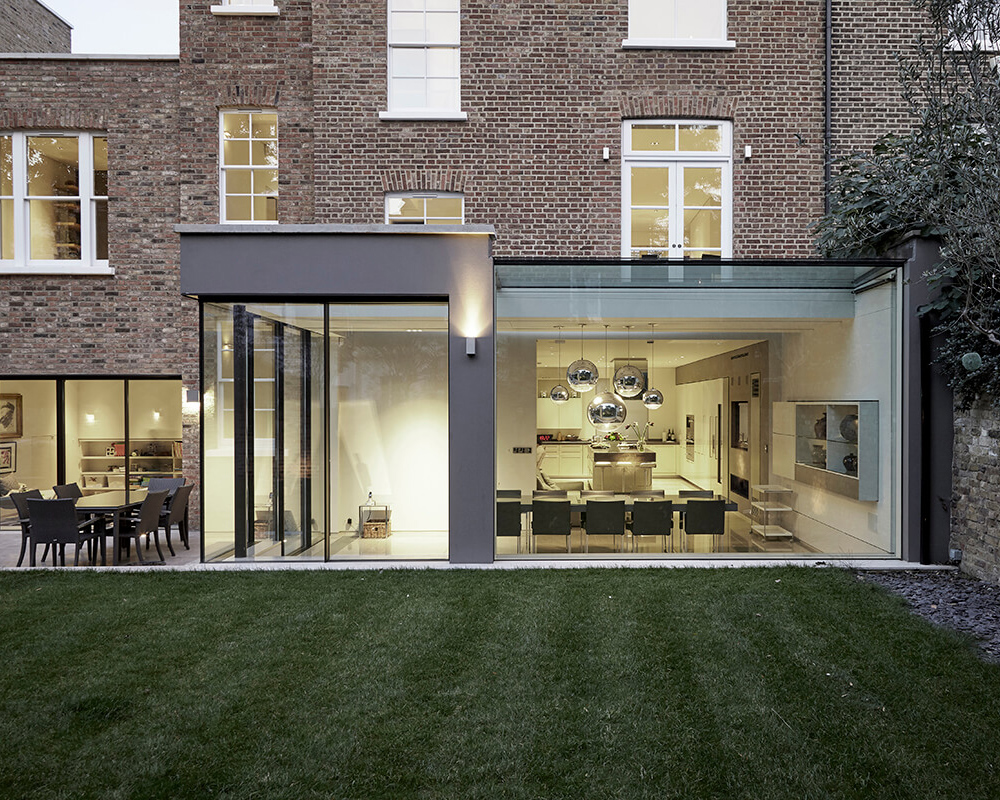
3. Choose an alarm that sends you a reminder if you forget to set it
When you're wondering how to protect your home with smart security, there’s a wide range to choose from online, including ones you can install yourself such as the Ring Alarm 5 piece kit, to those such as ADT Smart Home Hub that will need to be fitted by a professional.
The best thing about these alarms is that they are relatively easy to fit and will send you notifications direct to your phone should anything untoward be occurring back home.
‘Look for an alarm that automatically notifies you on your smartphone or sets itself if you leave the house and forget to turn it on,’ says security specialist Michael Glarvey of Birch Security Services.
‘If the alarm is linked to your phone and has geo-fencing it has the ability to set and unset itself based on your location. You can add multiple users too, so if your partner comes home before you they won’t get a shock when they realise the alarm is on.’
4. Invest in security cameras
Installing smart security cameras in and around your house is relatively straightforward and means you can keep tabs on your home at all times.
Manufacturers including both Ring and Arlo sell floodlight security cameras that you can install yourself on the exterior walls of your home. Both of these will link to an app on your smartphone so you can see who's coming up your front drive. If you receive a notification and see someone snooping around your home in real time, you can also sound a siren or make use of the two-way talk feature to warn them off. You will need to pay a subscription to make use of the recording features, however.
‘For a set up that will give you more of a tailored coverage with a camera for every angle and continuous recording direct to a hub in your home, you can call upon the help of a professional to wire in a traditional CCTV camera system,’ says Michael Glarvey.
'These types of cameras have much more functionally than off the shelf products, like number plate recognition, heat detection, people counting, and even features like knowing if a particular object has moved.'
'Take it to the next level and link it to a boundary laser from systems such as GJD so your camera system knows if someone climbs over your privacy fence.'
The Swann wire-free security camera is easy to install, but if you’re looking for a professional to install a smart alarm or any cameras in your property, try NSI and SSAIB, which are two organisations that vet alarm installation companies to ensure they are up to industry standards.
5. Add smart security lighting
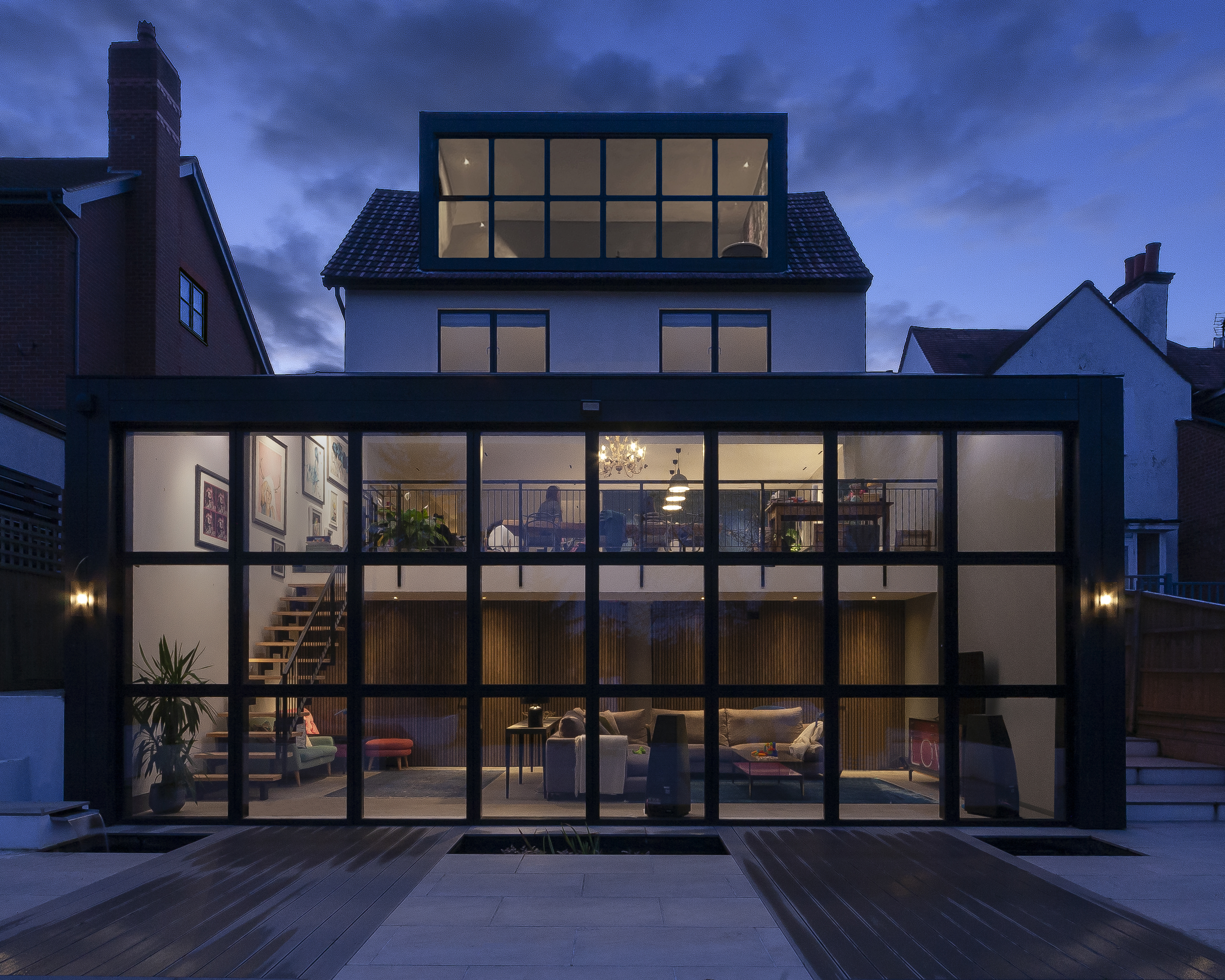
Lighting plays an important part at making evening dinner guests feel welcome as they approach your driveway and knock on your front door – hopefully holding a bottle of Dom Pérignon's finest. The right lighting in and around your home can also help to deter potential burglars as it can help in how to make it look like you're home when you're not.
‘When taking a smart approach to home security, lighting control is a fundamental that shouldn’t be underestimated,’ says Steve Detmer from Lutron.
‘Smart lighting solutions can set lights to turn on when motion is detected outside, have front door and entry lights turn on when someone rings a smart doorbell, or welcome guests with just the right light as they approach the front door.’
The simplest lighting solution comes in the form of the smart light bulb. Simply screw into your interior lampshades and pendants, and then control them via an app on your smartphone. Turn them on or off wherever you are, or set a schedule so they come on when you want. This is particularly useful when you’re away from home.
We like the sound of Lutron and Ring’s latest collaboration, which integrates smart lighting with smart doorbell technology. This means any Lutron lighting around your home can be programmed to turn on when Ring devices detect movement outside.
Lutron also has a ‘Smart Away’ feature that gives any ghost a run for their money – turning lights on and off throughout the evening to make it look like you’re home, even when you’re not. You can also set the lights to turn when dusk falls so when you arrive home it looks warm and inviting inside.
6. Cancel deliveries when you’re on holiday
If you’re going away for more than a few days, leave a key with a trusted neighbor, friend or relative and ask them to pop in to check your property and remove any post from the doorstep.
‘Cancel regular deliveries such as newspapers and milk to avoid a build-up and consider setting up a Royal Mail Keepsafe account, which holds mail for up to 66 days and delivers it the day after you return home,’ says Steffan George.
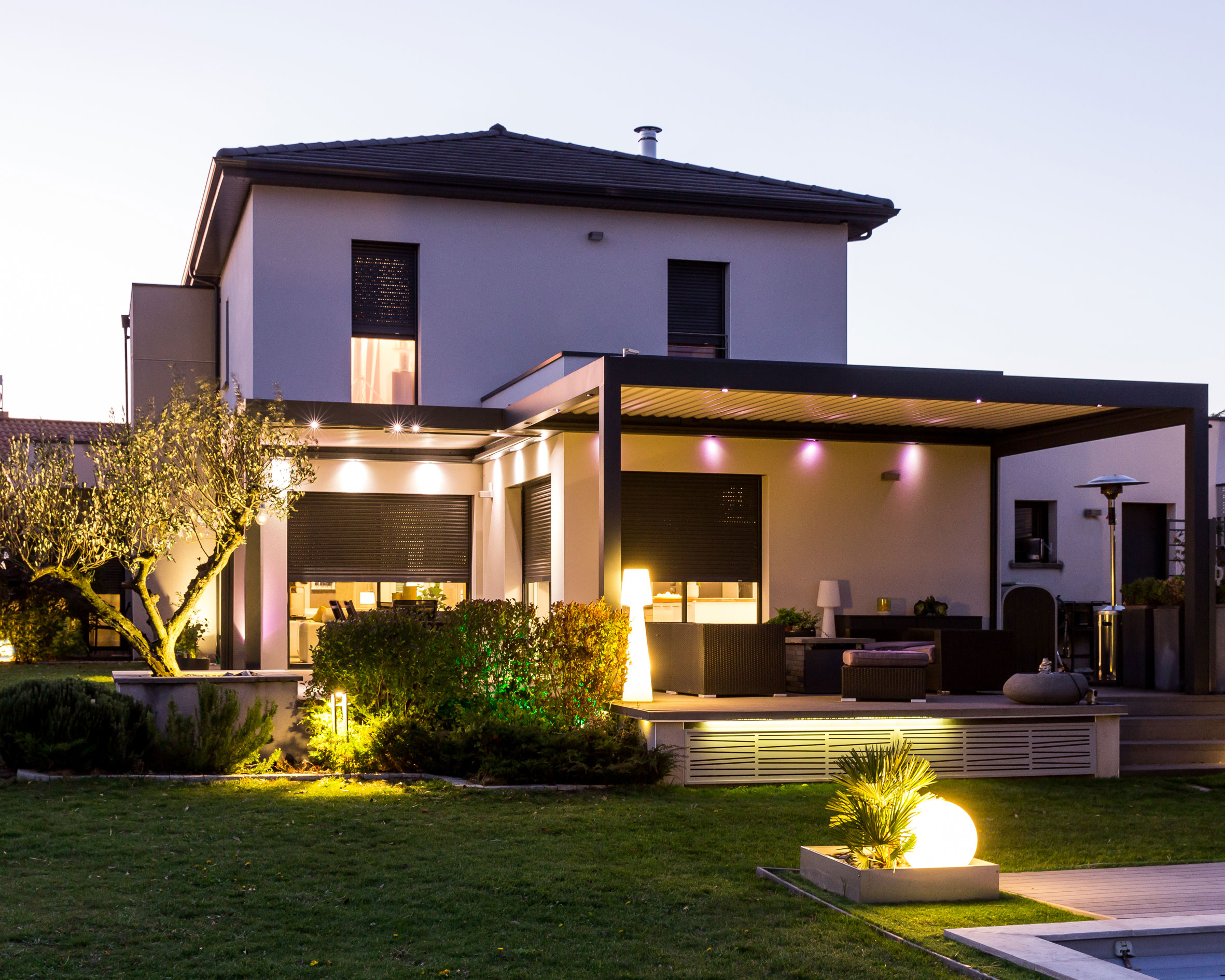
7. Keep keys safely hidden away
We're all guilty of coming home, throwing the keys on the hallway table and making a beeline for the sofa. But leaving keys near the door poses its risks. 'Don’t leave keys in plain sight or in the back of a lock in the door,' says Steffan George. 'A burglar won’t think twice about picking them up if they’re given the chance to access other areas of your property, or possibly steal your car.'
For added peace of mind – and to make it easier to leave the house in the morning when you can't find them – you could invest in one of the best key finders. These will show you where your keys are at all times via an app on your smartphone. So if you mislay your keys you can use the app to locate their whereabouts.
If your house keys are attached to your wireless car keys, you may want to think about buying a car key signal blocking pouch, such as the 2 Pack Faraday Bag from Amazon.
8. Ask the neighbors to keep an eye on your property
If you’re going away for longer than a weekend – perhaps to that twice-cancelled camping trip with the extended family – make it look like business as usual back home.
‘Ask the neighbors to keep an eye on the place and if possible as them or a friend or relative to pop in to check your property and remove any post from the front door,’ says Steffan George.
‘You could ask if they want to park their car on your drive, so it appears like there’s someone at home. If they can take the bins out for you on bin night, even better.’
9. Invest in a safe for your valuables
A safe – either freestanding or built into a unit – is a good device to have to hand to keep all your valuables extra secure inside your home.
‘Consider getting a safe professionally specified and fitted to keep valuables out of sight incase you have a break in,’ says Steffan George. ‘Paperwork such as bank statements and ID documents should also be stored away in a secure, lockable cabinet/safe – personal data has a value which can be sold on by the burglar.’
You can find a local MLA approved locksmith to get advice on where to buy and fit a safe in a discreet location in your home.
How can I make my home more secure?
Smart lighting, a smart alarm system and good quality security cameras will all help protect your home from intruders.
It’s important to think like a burglar when considering what home security fixtures and fittings to include in your home. Simple tweaks such as hiding garden tools such as spades and ladders – that could be used to gain entry – out of sight.
What are 3 ways you can keep your home safe from intruders?
1. Invest in smart security gadgets that will instantly notify you if there is someone looking to intrude in your home. Motion and shock sensors, security cameras and video doorbells are just some of the devices you can easily buy online.
2. Know how to make it look like you're home when you're not with a little help from the neighbors, cancelling deliveries and adding smart security - such as smart lighting - that will make your home appear lived in.
3. Keep doors and windows securely locked and invest in a good solid front door with five lever mortice lock for added measure.
One of the UK's most respected tech and smart homes writers, Emily Peck also covers everything from interiors style to decorating trends. She is a contributor to Wired UK, and has also had a column in House Beautiful. She has written for publications such as Grand Designs, Stylist, Shortlist, Woman&Home, BBC, Ideal Home and House & Garden. She was once the Features Editor of Ideal Home.